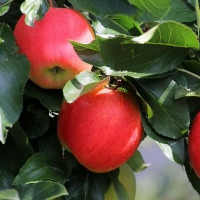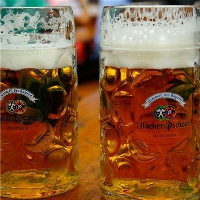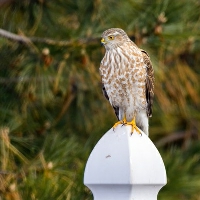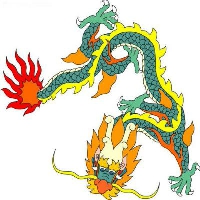1. Introduction to Horticulture Major Horticulture is a discipline that studies the breeding, cultivation, physiology and other theories and technologies of fruit trees, vegetables and flowers based on biology; This major trains students to have solid basic knowledge of biological science, master the basic laws of the growth and development of horticultural plants and basic theory of systems, and have the skills of cultivation management, breeding and reproduction, storage and processing, and planning and design of horticultural sites; Graduates are mainly engaged in scientific research, technology promotion, production and management of fruit trees, vegetables, flowers, facilities horticulture, etc. for scientific research, agricultural management, high-tech industries and relevant departments.
2. Employment Direction of Horticulture Major After graduation, students of this major can engage in technology and design, promotion and development, operation and management, teaching and research related to horticulture science in fields and departments such as agriculture, commerce and trade, garden management, etc. For example, the cultivation and breeding of fruit trees and vegetables, the maintenance and marketing of ornamental flowers such as Clivia and hyacinth, and the research and development of new varieties of flowers. Compared with gardens, gardening focuses more on cultivating fruits and vegetables and ornamental plants, and gardens focus more on decorating space with plants.
3. What is the employment prospect of horticulture major
With the change of the times, the horticulture industry has been developing continuously. Modern horticulture has provided application fields for various science and technology. Horticultural products have also become necessary to improve human food nutrition and beautify and purify the living environment. Compared with other agricultural industries, horticulture industry is more labor-intensive and technology intensive. The employment rate and the number of graduates in the horticulture industry are relatively stable, and the proportion of female students in science majors is also relatively large. With the concept of environmental protection and greening deeply rooted in people's hearts, flowers, green plants, organic vegetables, etc. have gradually integrated into people's lives and become an important part of people's lives. The future development prospect of the horticulture industry is very promising.
The major of horticulture is mainly to learn the production technology of fruit trees, flowers and vegetables, as well as the knowledge and skills of related enterprise management and marketing, flower application, etc. In general, horticulture is closely related to urban construction and people's life. Urban beautification cannot be separated from horticulture. The higher the living standard, the greater the demand for talents in this field.









